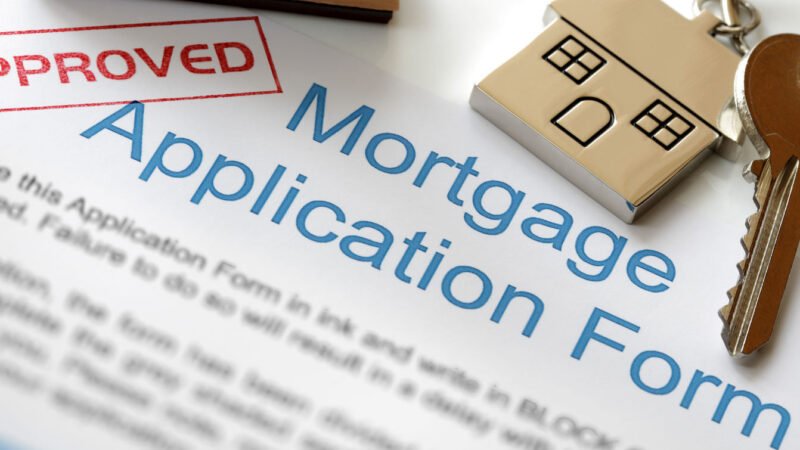If you're looking for a way to boost your recruitment and talent agency experience, this…
7 Key Factors That Influence Your Home Loan Borrowing Capacity
Your home loan borrowing capacity dictates the amount of money you can afford to borrow — and pay back — from a lender in support of your property purchase.
There are a range of factors that influence your borrowing capacity. These factors will be evaluated by your mortgage broker or your loan lender to determine the value of your loan end, in turn, your homebuying budget.
So what are the main factors that could affect your borrowing power? Here are 7 things to consider
1. Your savings
The money you currently have saved can have a huge impact on the amount of money you can borrow towards your property purchase. Your savings will affect your LR, or loan-to-value ratio. With most lenders, you’ll need to meet a certain LVR in order to qualify for a loan. Remember, your lender can’t pay for your property in full. You’ll need to have a substantial deposit towards the price of your new home.
2. Your past loans
If you have any past or existing loans, these could affect your current borrowing capacity. Your lender will take existing debts into account, as well as considering any past loan and how well you’ve serviced repayment requirements. Before taking out a new loan, you’ll be asked to provide evidence of any past or pre-existing loans to ensure that you can be trusted to borrow and repay again.
3. Your credit score
Your credit score can have a profound impact on your borrowing power. Your credit score relates to your reputation for paying debts, including past loans and other bills, from energy supply to business and car expenses. Your lender will be able to access details about your credit score to determine how likely it is that you’ll be able to reliably repay a loan. The better your credit score, the more likely it is you’ll get the loan you need to purchase the property of your dreams.
4. Your credit card limit
Similarly, your lender will evaluate your credit card limit. Even if your card is not pushed to its limit, a high credit limit could negatively impact your borrowing capacity. This is why it’s a good idea to reduce your credit card limit if you’re not using it. Doing so can give your lender more faith in your serviceability and help you get a higher loan to support your purchase.
5. Your employment
Your employment status will also impact your borrowing power. Different requirements may apply depending on your type of employment. For example, you may be required to provide more financial documents if you are self-employed. Typically, lenders look for stable employment with a stable income. Probationary employment could cost you money in your loan.
6. Your income
Likewise, lenders will assess your income and expenses. The money you earn can indicate your loan serviceability, demonstrating to a lender that you are able to meet minimum repayment requirements. Your lender will compare your regular income to the expenses you pay for daily living in order to ensure that you have enough money to service the loan they plan to offer.
7. Your chosen property
Finally, the property you choose may impact your total borrowing power. The value of your home can affect lending criteria as lenders work to ensure their own financial security. The best way to find out how your chosen property is affecting your borrowing power is to talk to an expert who understands the market and your requirements.
Want to find out more about your home loan options? Talks to the team at Our Top 10. Contact the best mortgage broker Sydney has to offer today.













